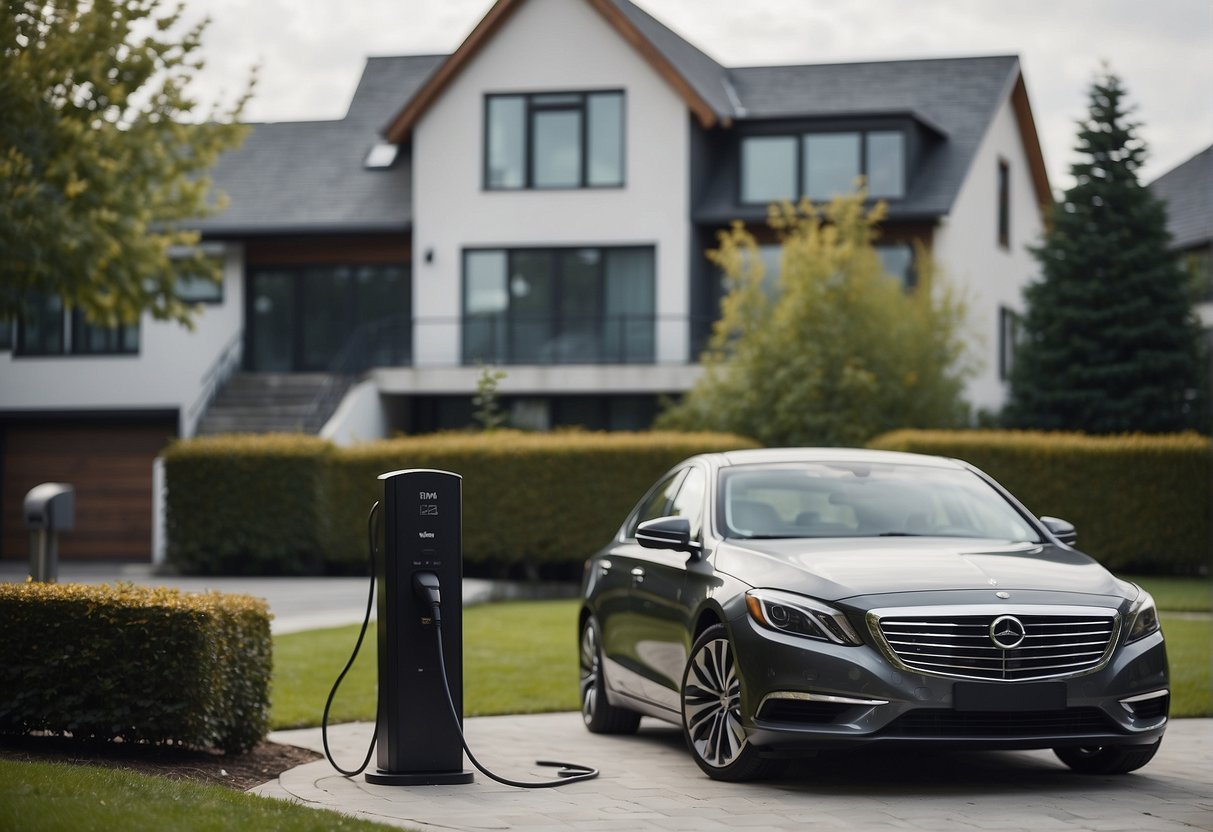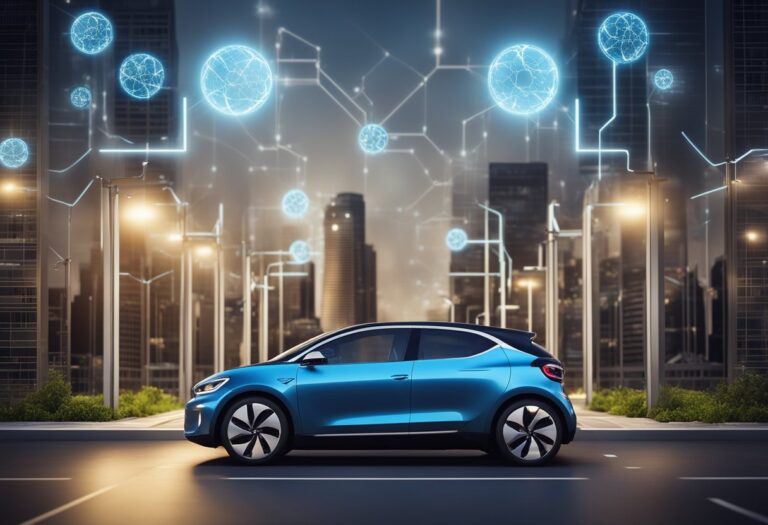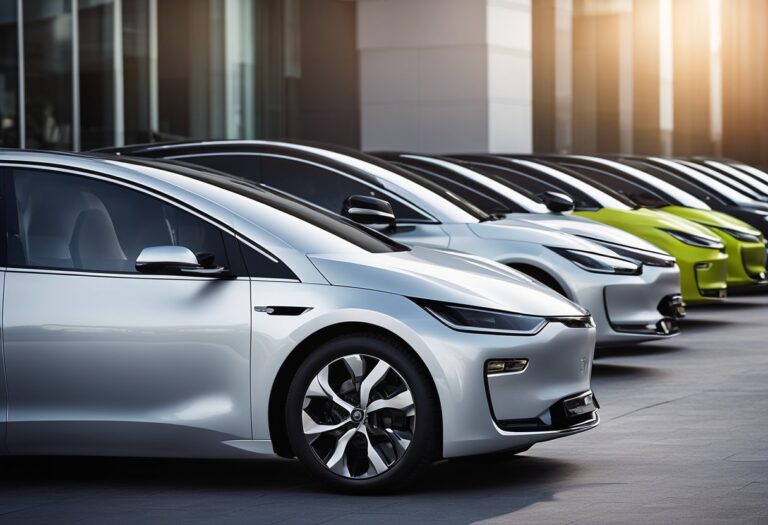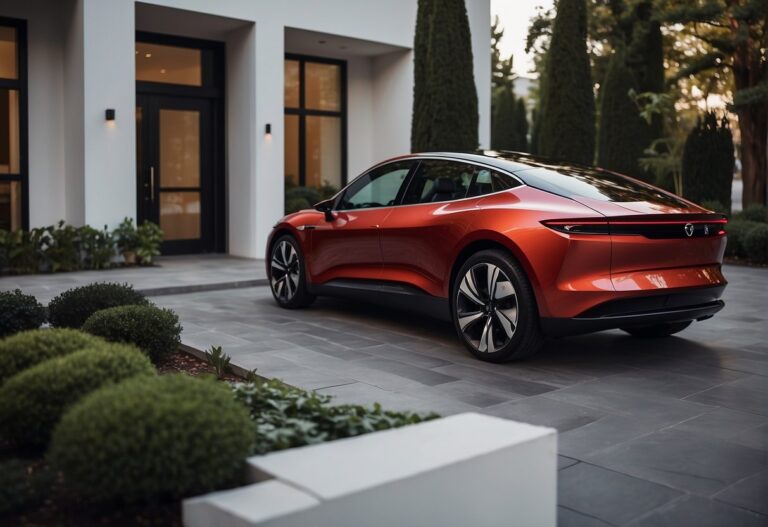Electric cars have become increasingly popular in recent years due to their environmental benefits and cost savings in the long run. However, choosing the right electric car for your lifestyle can be a daunting task. With so many options on the market, it’s important to consider your individual needs and preferences before making a purchase.
When choosing an electric car, it’s important to consider factors such as range, charging options, and overall cost. If you have a long commute or frequently take road trips, you may want to consider an electric car with a longer range. Additionally, it’s important to consider where and how you will charge your vehicle. Some electric cars can be charged at home, while others may require access to public charging stations.
Ultimately, choosing an electric car is a personal decision that depends on your individual needs and preferences. By considering factors such as range, charging options, and overall cost, you can make an informed decision that best fits your lifestyle.
Understanding Electric Vehicles
Electric vehicles (EVs) are becoming increasingly popular as people look for ways to reduce their carbon footprint and save money on fuel. Understanding the different types of EVs, battery and range considerations, and charging infrastructure can help you choose the right electric car for your lifestyle.
Types of Electric Cars
There are several types of electric cars available, including battery electric vehicles (BEVs), plug-in hybrid electric vehicles (PHEVs), and hybrid electric vehicles (HEVs). BEVs are fully electric and run on battery power alone, while PHEVs have a gasoline engine in addition to an electric motor and can run on either gasoline or electricity. HEVs have both a gasoline engine and an electric motor, but the electric motor is used primarily to assist the gasoline engine.
EVs come in various body styles, including sedans, SUVs, trucks, and hatchbacks. Some popular electric models include the Tesla Model S, Nissan Leaf, and Chevrolet Bolt.
Battery and Range Considerations
One of the most important considerations when choosing an electric car is the driving range. The driving range is the distance an EV can travel on a single charge. The range varies depending on the battery pack size and the driving conditions. The Department of Energy estimates that most EVs have a range of 80-100 miles on a single charge, while some models can travel up to 300 miles.
The battery pack is the most expensive component of an electric car, and the larger the battery pack, the more expensive the car. It’s important to consider the battery pack size when choosing an electric car, as it will affect the driving range and the cost of the car.
Charging Infrastructure
Charging an electric car is different from filling up a gasoline car. EVs can be charged at home using a Level 1 or Level 2 charger, or at a public charger using a Level 2 or DC fast charger. Level 1 chargers use a standard 120-volt outlet and can take up to 20 hours to fully charge an EV. Level 2 chargers use a 240-volt outlet and can charge an EV in 4-8 hours. DC fast chargers can charge an EV to 80% in 30 minutes.
It’s important to consider the charging infrastructure when choosing an electric car. Public charging stations are becoming more common, but they are not as widespread as gasoline stations. Some automakers offer workplace charging programs that allow employees to charge their EVs while at work.
In conclusion, understanding the different types of electric cars, battery and range considerations, and charging infrastructure can help you choose the best electric car for your lifestyle. When considering an electric car, it’s important to also consider fuel savings and maintenance costs, as EVs can be more expensive upfront but can save money in the long run.
Selecting the Right Electric Car
When it comes to choosing an electric car, there are several factors to consider. Here are a few things to keep in mind when selecting the right electric car for your lifestyle.
Assessing Your Driving Needs
One of the most important things to consider when choosing an electric car is your driving needs. Think about the distance you typically drive in a day, and make sure the electric car you choose has a range that can accommodate your daily driving habits. If you have concerns about range anxiety, consider choosing an electric car with a longer driving range.
Costs and Incentives
Another important factor to consider is the cost of the electric car. While electric cars can be more expensive upfront than traditional gas-powered cars, they can save you money in the long run on fuel costs. Additionally, there are several incentives available for electric car owners, such as tax credits and rebates. Be sure to research the incentives available in your state before making a purchase.
Evaluating Models and Availability
There are several electric car models available on the market today, each with its own unique features and specifications. Some of the most popular electric car models include the Tesla Model 3, Nissan Leaf, Polestar 2, BMW i3, Hyundai Ioniq 5, Kia Niro EV, Tesla Model Y, and Bolt EUV. When evaluating models, consider factors such as driving range, cargo space, acceleration, and comfort.
It is also important to consider the availability of electric cars in your area. While some areas may have a wide range of electric car options, others may have limited availability. Additionally, not all dealerships may carry electric cars, so be sure to do your research before making a purchase.
Overall, choosing an electric car requires careful consideration of your driving needs, budget, and the availability of models in your area. By taking the time to research and evaluate your options, you can find the perfect electric car for your lifestyle.
Frequently Asked Questions
What factors should I consider when selecting an electric vehicle that fits my daily needs?
When selecting an electric vehicle, it is important to consider factors such as your daily driving habits, the range of the vehicle, charging infrastructure, and the availability of incentives and tax credits. Consider the distance you travel on a daily basis, and choose a vehicle with a range that can accommodate your needs. Additionally, consider the availability of charging infrastructure in your area, as well as the time required to charge the vehicle.
What are the top electric vehicle models suitable for urban versus rural lifestyles?
The top electric vehicle models suitable for urban versus rural lifestyles will depend on your specific needs. For urban lifestyles, compact electric vehicles such as the Nissan Leaf or the BMW i3 may be suitable. For rural lifestyles, electric vehicles with longer ranges such as the Tesla Model S or the Chevrolet Bolt may be more appropriate.
How do I evaluate the total cost of ownership when considering an electric car purchase?
When evaluating the total cost of ownership for an electric car, it is important to consider factors such as the purchase price of the vehicle, maintenance costs, and the cost of electricity. Additionally, consider the availability of incentives and tax credits, as these can significantly reduce the cost of ownership.
What are the key features to look for in an electric car for a first-time buyer?
When purchasing an electric car for the first time, it is important to consider factors such as range, charging infrastructure, and the availability of incentives and tax credits. Additionally, consider the size and style of the vehicle, as well as its safety features.
How do tax credits and incentives impact the decision to buy an electric car?
Tax credits and incentives can significantly impact the decision to buy an electric car, as they can reduce the cost of ownership and make electric vehicles more affordable. It is important to research the availability of incentives and tax credits in your area, as well as any eligibility requirements.
What should potential buyers understand about electric vehicle range and charging infrastructure?
Potential buyers should understand that electric vehicle range can vary significantly depending on the model of the vehicle, driving conditions, and other factors. Additionally, it is important to consider the availability of charging infrastructure in your area, as well as the time required to charge the vehicle. It is recommended to research the charging infrastructure in your area and plan your trips accordingly.



